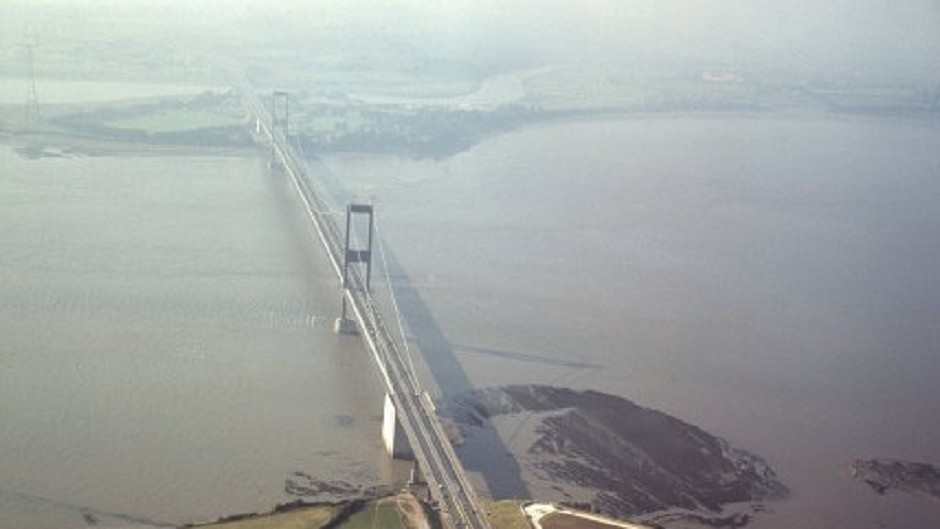Cluff Natural Resources (CNR) has hedged its bets on unconventional gas extraction in Scotland by extending an agreement with Halliburton.
The two firms first signed the pact a year ago with the intention of working together on the development of CNR’s conventional North Sea gas assets, and its underground coal gasification (UCG) licences.
CNR bosses said yesterday that the two year extension would allow the company to keep a “watching brief” on its UCG interests, which hit the buffers in Scotland last year.
CNR was ready to spend more than £250million on developing its so-called Kincardine UCG project in the Firth of Forth, which would have been a UK first.
But it shelved its plans when the Scottish Government placed a moratorium on UCG in October amid concerns from green groups about the technology’s environmental implications.
North Sea oil pioneer Algy Cluff, chief executive and chairman of CNR, said last month that his UCG plans for Scotland were not dead in the water, despite the setback.
Mr Cluff has said he expects government-commissioned research into UCG to prove the method is environmentally safe and has the potential to become a pillar of the UK’s energy mix.
However, he said the firm’s primary focus would switch to conventional gas extraction in the southern North Sea and to UCG projects in England, where there is no moratorium.
Andrew Nunn, chief operating officer of CNR, yesterday reiterated that conventional gas had taken top priority, though the company still harbours hopes of making UCG work.
Mr Nunn said: “The Halliburton relationship and the renewed memorandum of understanding is focused more on our conventional southern North Sea gas assets in the short term, although there is effectively a watching brief with respect to UCG.
“This reflects both the moratorium in Scotland, which as previously reported has led to a halt on spending on the Kincardine project, at least until the moratorium is clarified, and the fact that our North Sea conventional assets are significantly more mature than our UCG assets in the north-east of England.”
Mr Cluff, who was involved in the discovery of the Buchan field nearly 40 years ago, said he was excited about the prospect of continuing to work with Halliburton.
Mr Cluff said: “The extension for a further two years reflects the strength of the relationship that has been built in the last year and the commitment to develop this strategic relationship further.”
CNR has five southern North Sea gas licences and nine UCG licences, three of which are in the Firth of Forth.
UCG involves pumping oxygen and water through a borehole to turn the fossil fuel into synthetic gas, which can then be converted into hydrogen, methane, carbon monoxide and carbon dioxide.
Friends of the Earth Scotland’s head of campaigns, Mary Church, said: “Cluff’s moves to open up a new frontier of dirty fossil fuels frontier has been rightly halted by strong community opposition and the Scottish Government moratorium. Choosing Halliburton as partner given the infamous clean water legislation loophole for fracking they achieved in the US will not provide reassurance to anyone concerned about the threat posed by these projects.”
